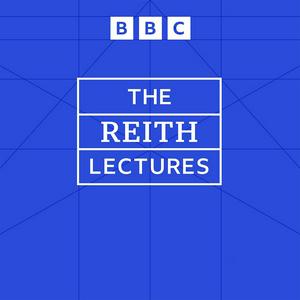The Dutch historian Rutger Bregman, whose BBC Reith Lectures start this week, is calling for a moral revolution to change our societies for the better, charting how small groups of committed people – abolitionists, suffragettes, and temperance activists – have brought about positive social change.
Politics, Bregman argues, is in trouble in an age of apathy and backsliding democracy: “The moral rot runs deep across elite institutions of every stripe”, he says, “if the right is defined by its shameless corruption, then liberals answer with a paralyzing cowardice”.
So where might our moral salvation come? What are the deep values that underpin our contrasting political worldviews – left and right – and which should we look to prioritise now? Does any part of the political spectrum have the greatest claim to morality?
Chair: Michael Buerk
Panel: Matthew Taylor, James Orr, Mona Siddiqui and Tim Stanley.
Witnesses: Tim Montgomerie, Eleanor Penny, Joanna Williams, Paul Mason
Producer: Dan Tierney.


